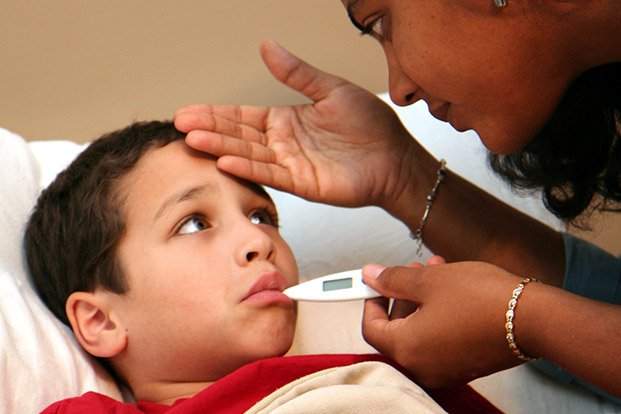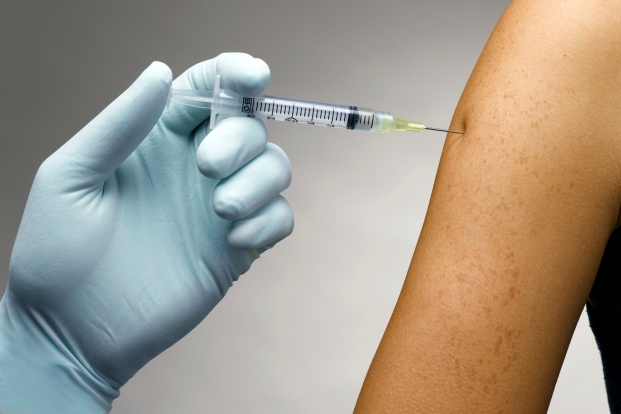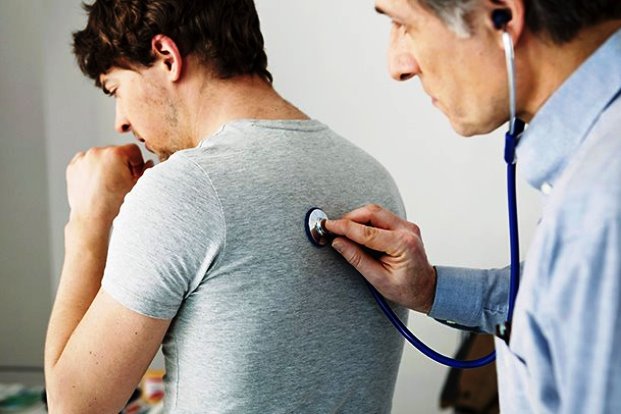Categories
- Bariatric Surgery (11)
- Black Fungus (5)
- Bone Marrow transplant (3)
- Brain Tumor Surgery Navigation Technology (20)
- Cardiac Surgery (66)
- Cardiology (97)
- Computer navigation technology for joint replacements (20)
- Covid Vaccination (17)
- Critical Care (2)
- Dental (19)
- Dermatology (31)
- Dialysis Support Group - “UTSAAH” (11)
- Dietitian (33)
- Emergency Medicine (4)
- Emotional Health (11)
- Endocrinology (33)
- ENT (20)
- Gastroenterology and GI Surgery (53)
- General and Laparoscopic Surgery (21)
- General Surgery (4)
- Gynecology & Obstetrics (183)
- Hematology (20)
- Internal Medicine (294)
- Kidney Transplant (50)
- Kidney Transplantation (20)
- Lung Cancer (8)
- Minimal Invasive Surgery (1)
- Mother & Child (20)
- mucormycosis (5)
- Nephrology (61)
- Neurology (147)
- Neurosurgery (68)
- Nutrition and Dietetics (107)
- Omicron Variant (1)
- Oncology (288)
- Ophthalmology (10)
- Orthopaedics & Joint Replacement (86)
- Paediatrics (59)
- Pediatric Nephrology (3)
- Physiotherapy (5)
- Plastic & Reconstructive Surgery (6)
- Psychiatry and Psychology (90)
- Psychologist (28)
- Pulmonology (72)
- Rheumatology (13)
- Spine Services (21)
- Transradial Angioplasty (16)
- Urology (84)
Query Form
Posted on Apr 19, 2022
Treatment of Dengue Fever
On the basis of severity of the contracted Dengue infection, patients are divided into 3 categories. This division is important to ensure that the patients as per their complications and health issues get the best care and medical treatment.
Primary Category of Dengue Infection – Ambulatory & Mild Symptoms
- Those who are ambulatory and have mild symptoms should be reviewed daily for disease progression (Decrease white blood cell and platelet count) and should be checked for any warning signs. Patients should be encouraged to take plenty of food, ORS and fruit juices to replace water lose due to fever and vomiting.
- Adequate fluid intake is the most important part of dengue management and it reduces significantly the risk of hospitalization.
- Paracetamol is only safe for high fever and dengue and analgesic must be avoided. Paracetamol dosing should not be less than 6 hours.
- Patient should be instructed to come to the hospital immediately if any of the following occur- No clinical improvement several abdominal pain persistant vomiting, cold and clammy extremities, lethargy or irritability/ restlessness, bleeding, and not passing urine for more than 4 to 6 hours.

Secondary Category of Dengue Infection – Fever with Symptoms
- Second category of patients are those who have the warning signs of plasma leakage or bleeding, decreasing platelet count and persistent fever. These patients should be admitted and monitored daily.
- Intravenous fluid replacement in the form of normal saline or ringer lactate should be started immediately at the rate of 5 to 7 ml /kg/hr for initial 1 to 2 hrs, then reduced to 3 to 5 ml/kg/hr for 2 to 4 hrs then reduced to 2 to 3 ml /kg/hr for 2 to 4 hrs or less according to the clinical response.
- Monitor the hematocrite level twice a day and adjust fluid accordingly.
Third Category of Dengue Infection – Emergency Medical Assistance
- Third category of patients include those who require emergency admission and aggressive management. They are in the critical phase of disease, and may have the following features:-
- Severe plasma leakage leading to dengue shock and/ or fluid accumulation
- With respiratory distress
- Severe hemorrhages
- Severe organ impairment (hepatic damage, renal impairment,
- Cardiomyopathy, encephalopathy or encephalitis).
- These patients should be admitted in the intensive care. Judicious intravenous fluid resuscitation is essential and should have excess to blood transfusion. Platelet transfusion should be given if there is any evidence of bleeding and rapidly declining platelet count (less than 20,000). Generally, there is no rule for antibiotic until and unless there is any secondary infection.



